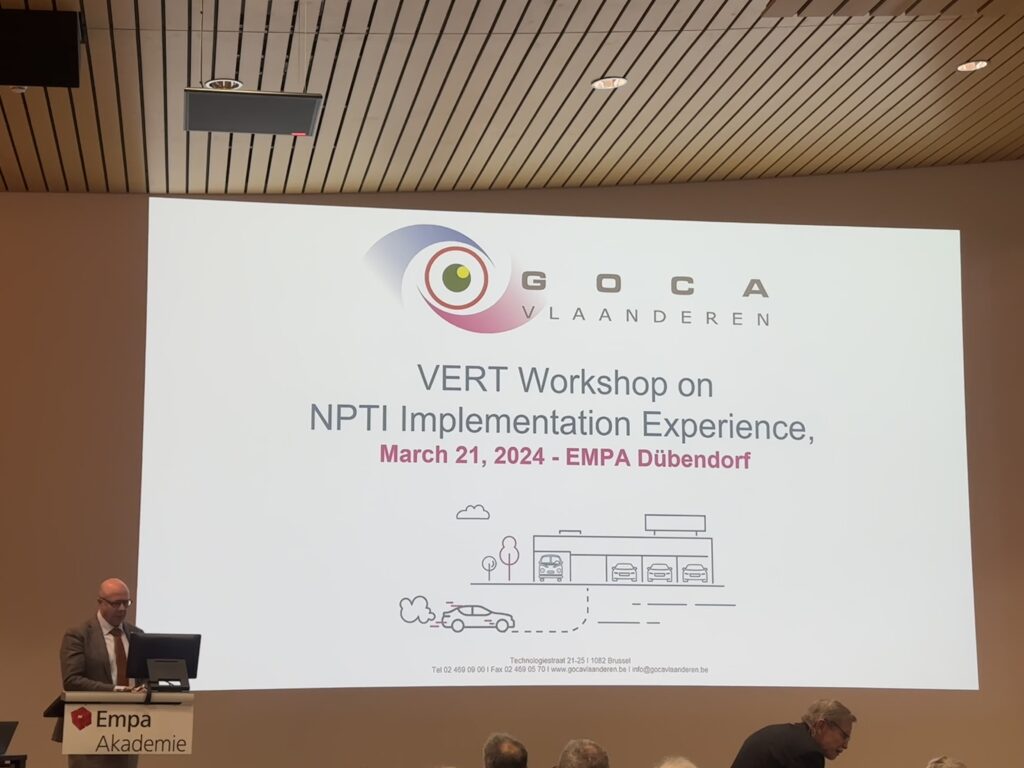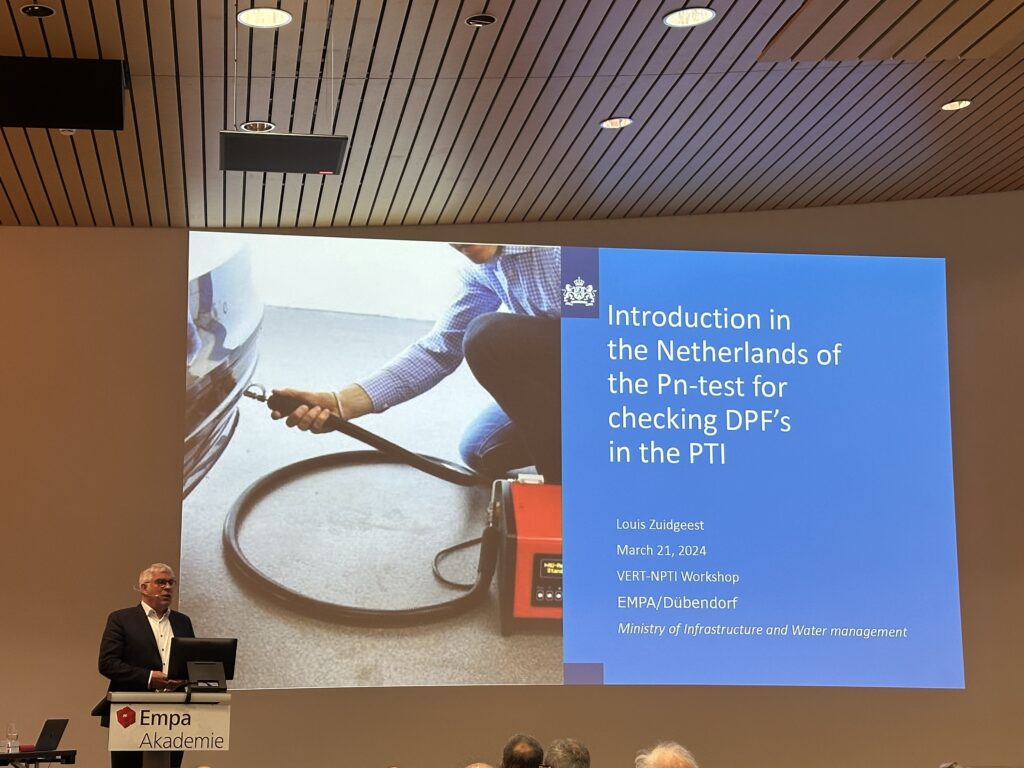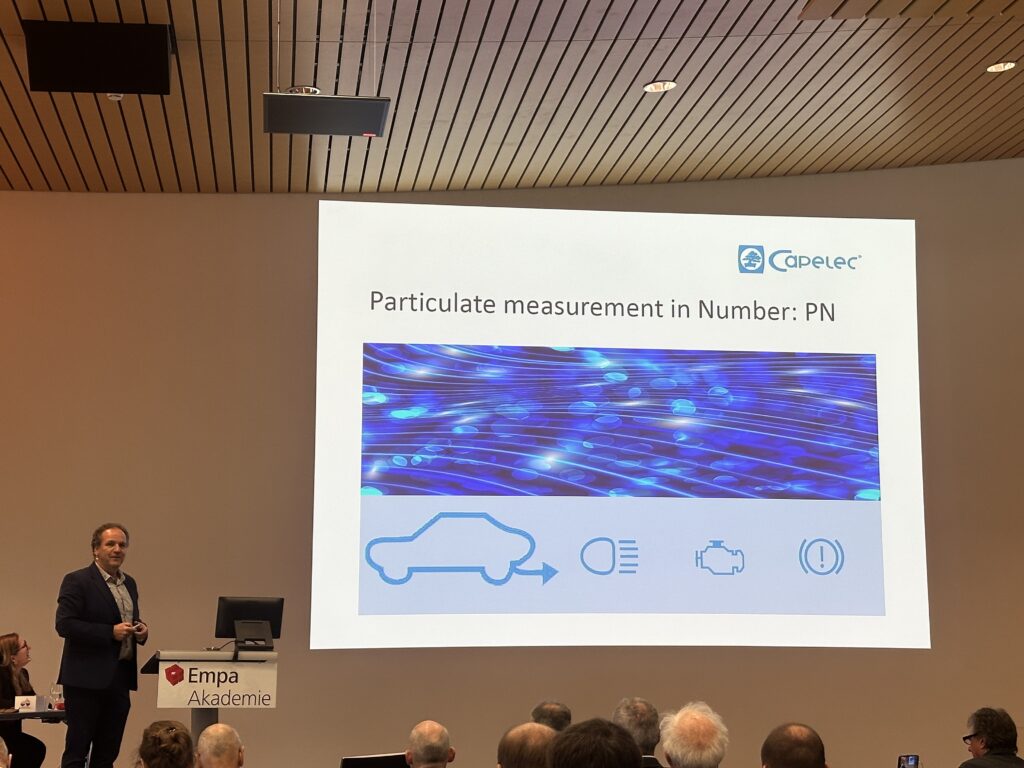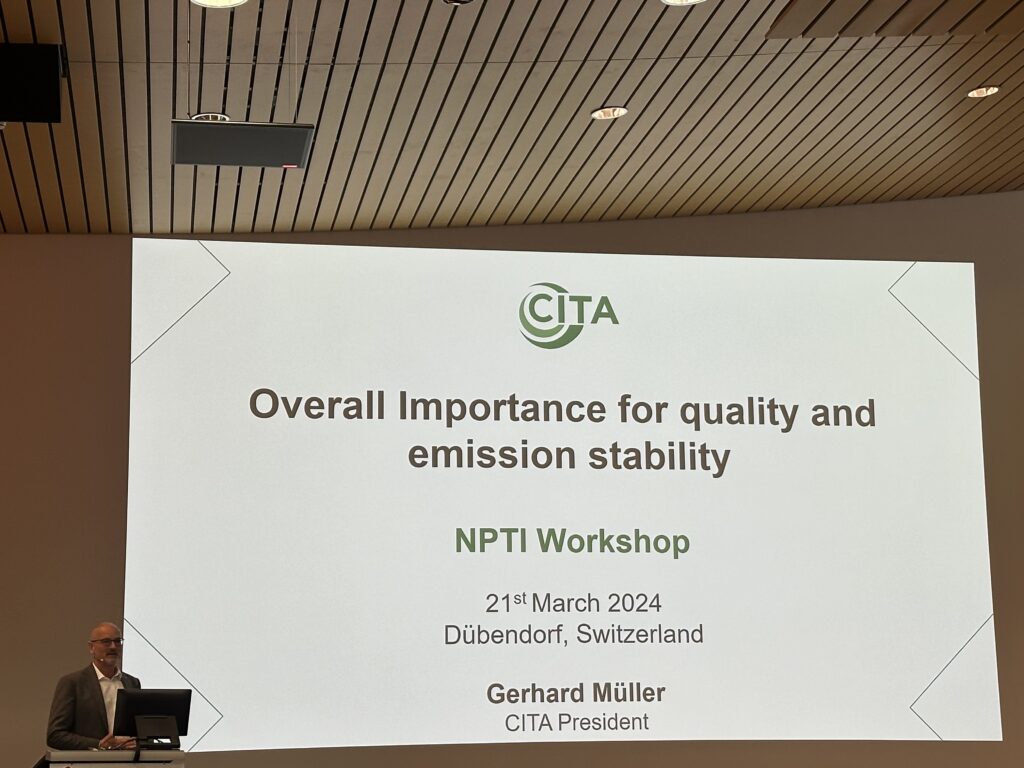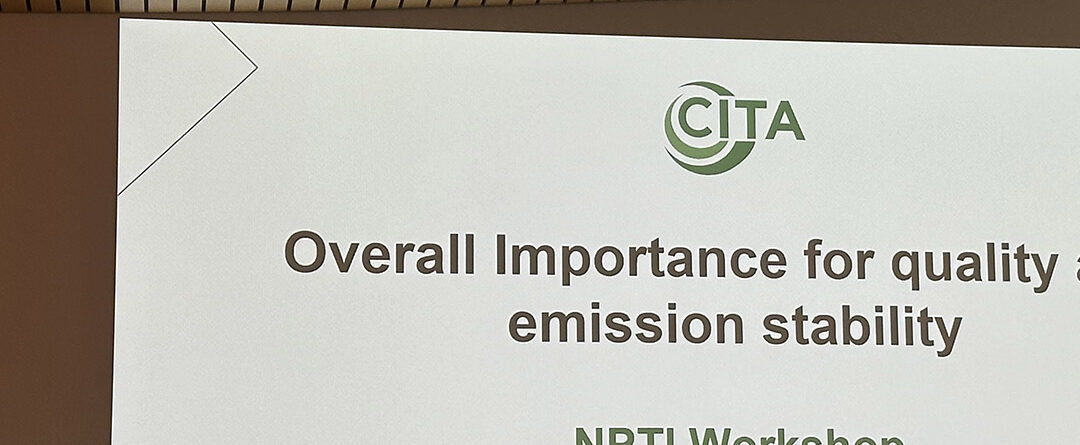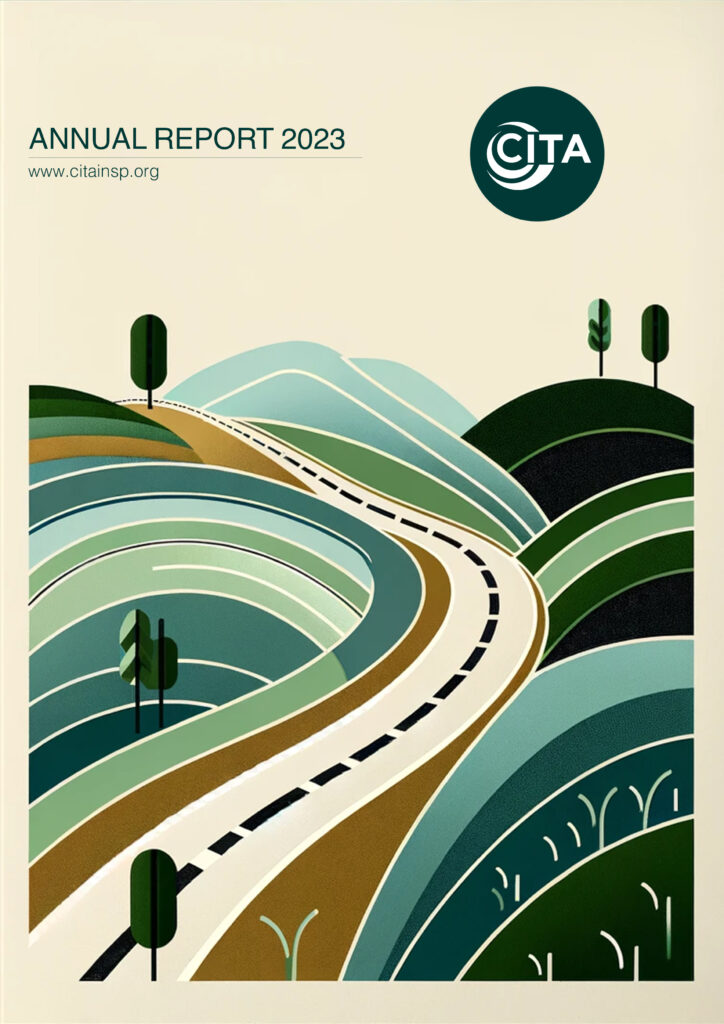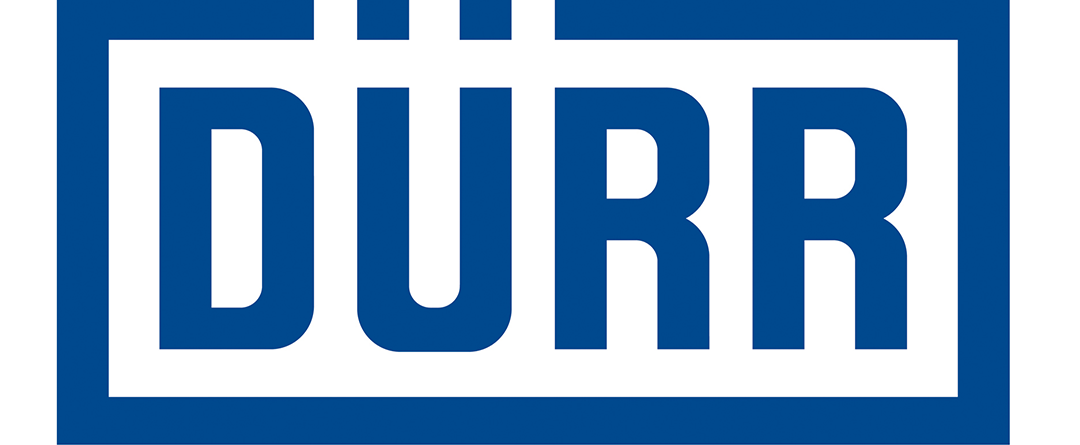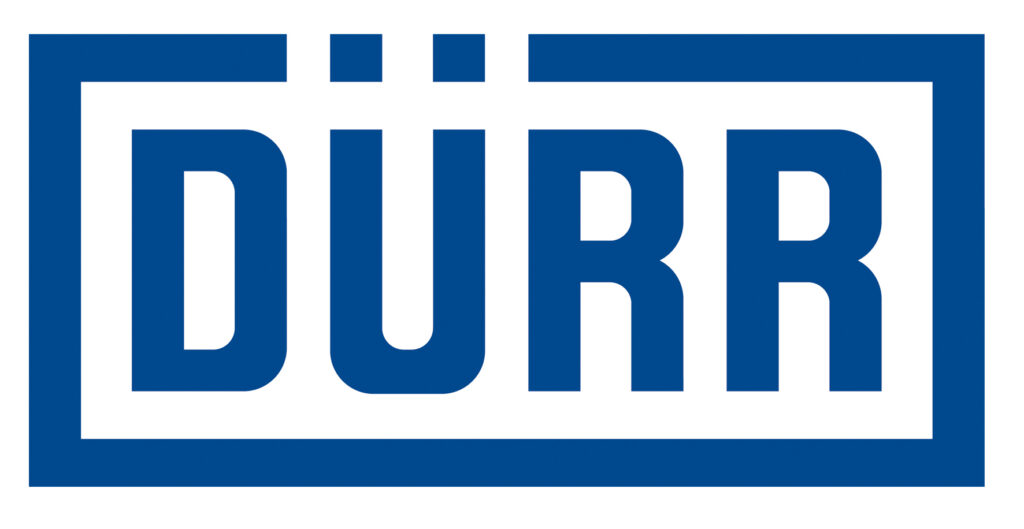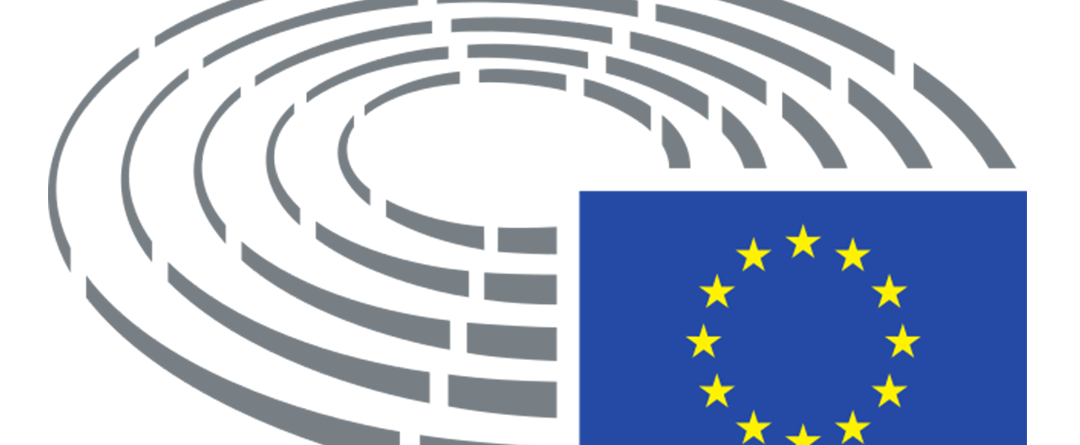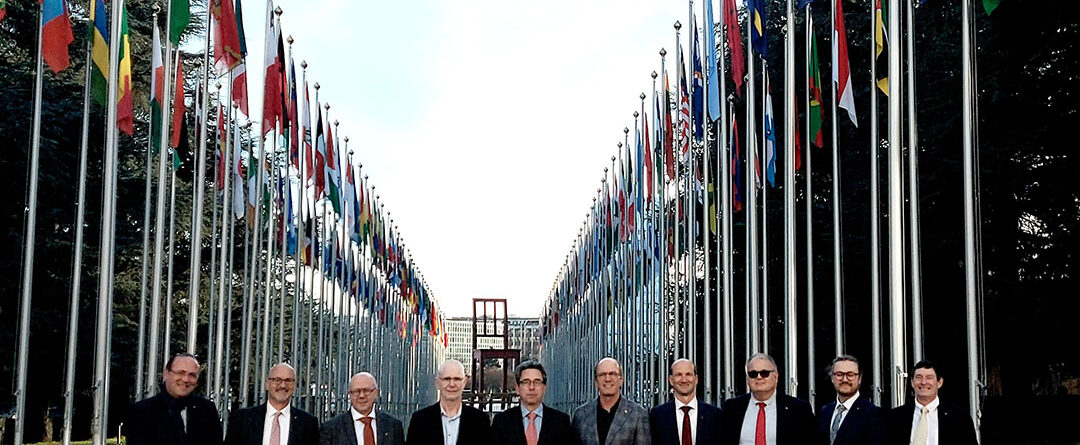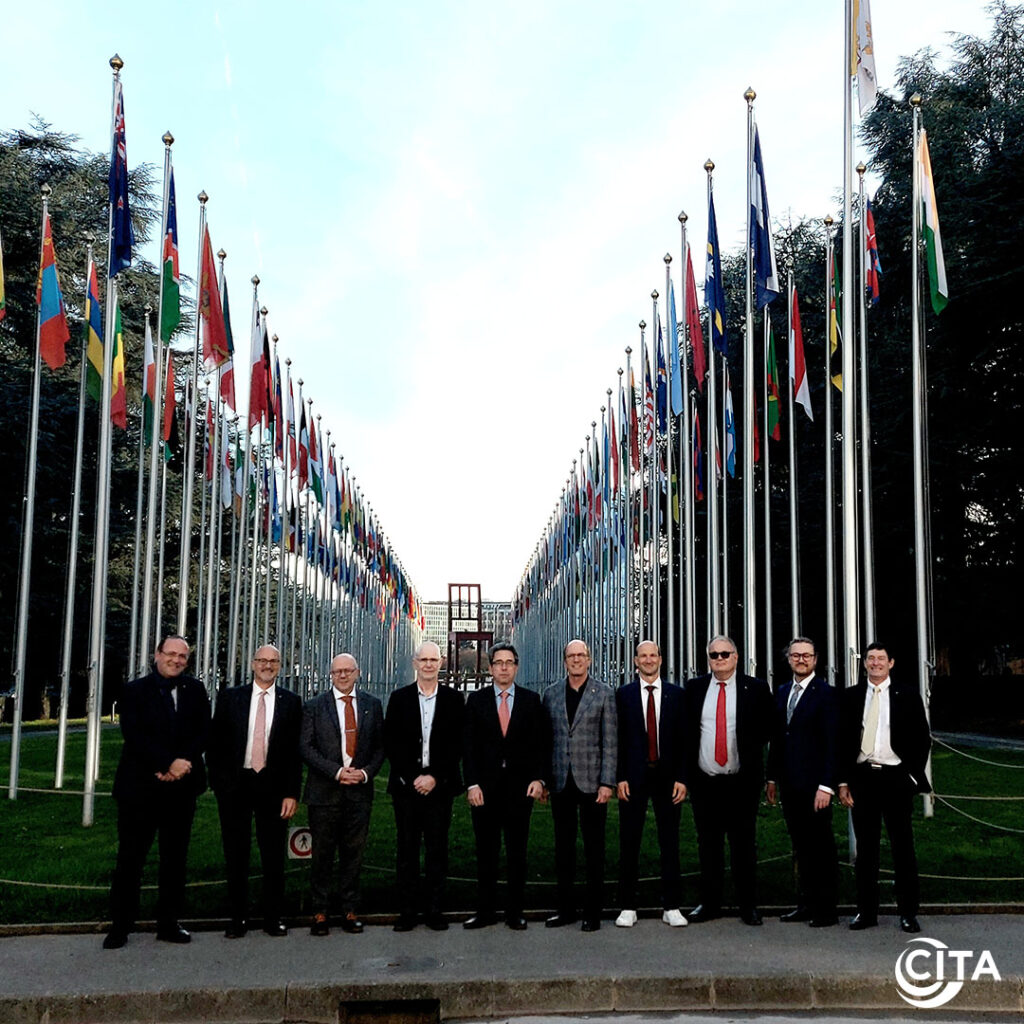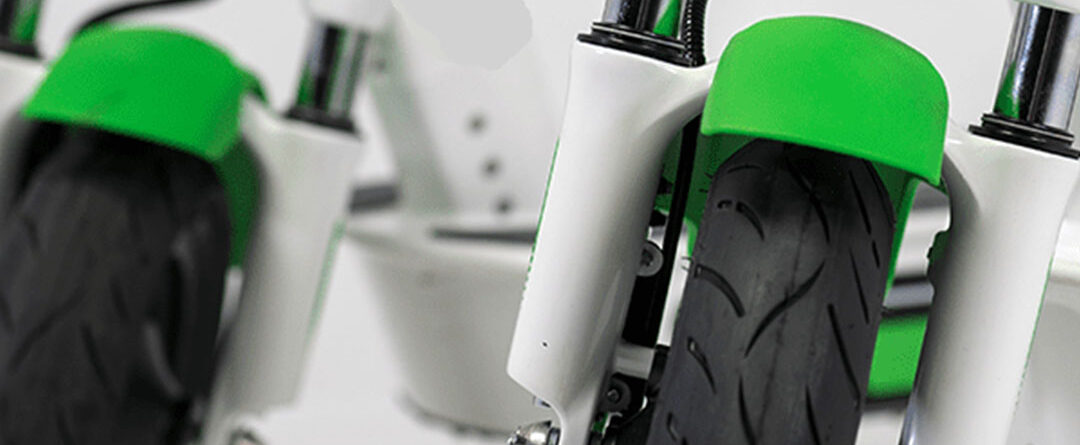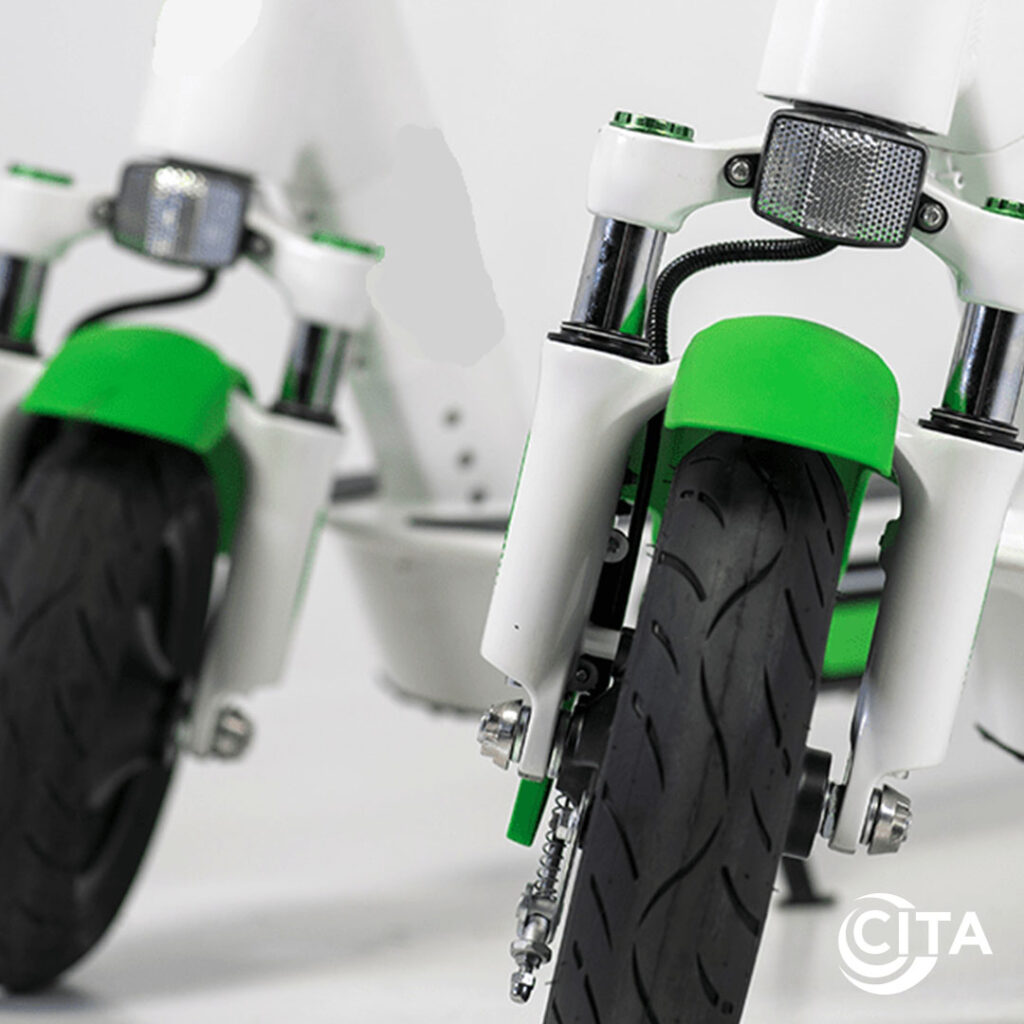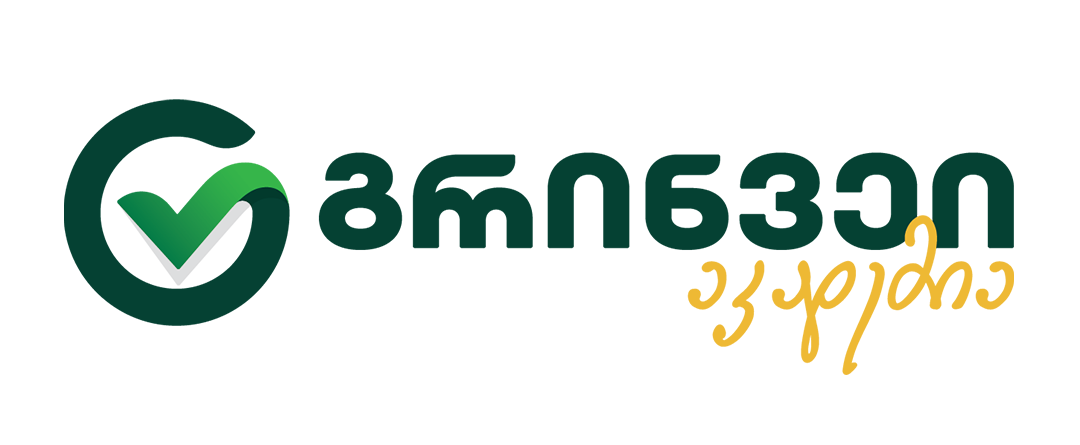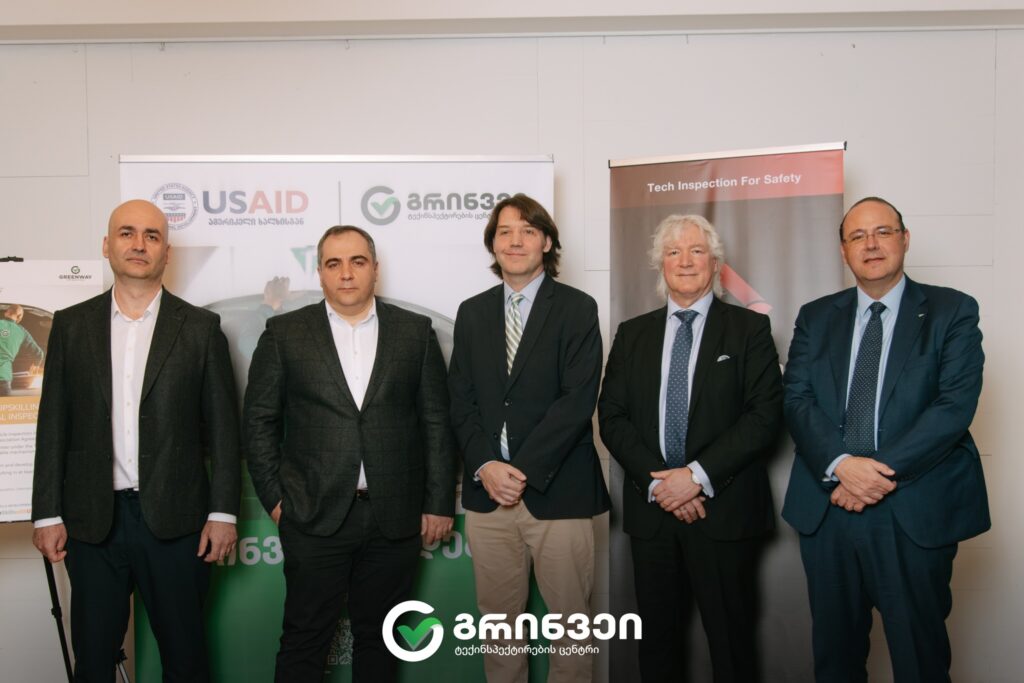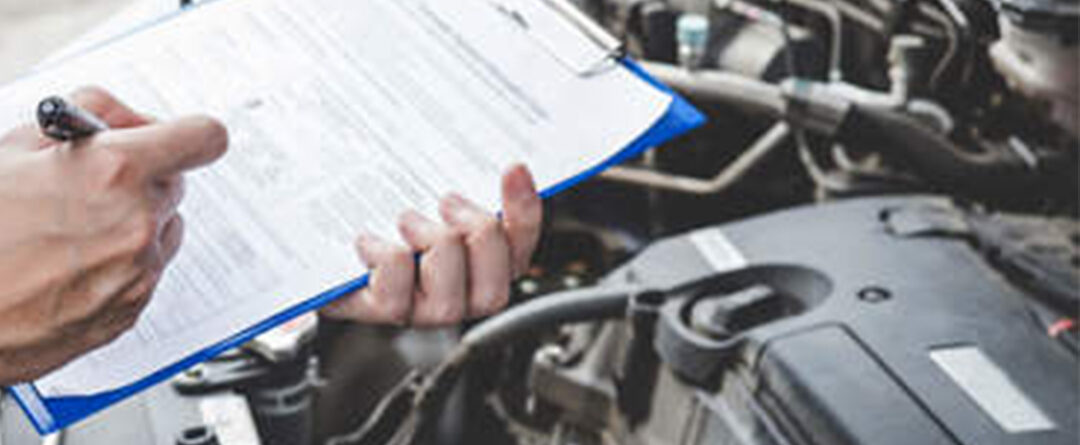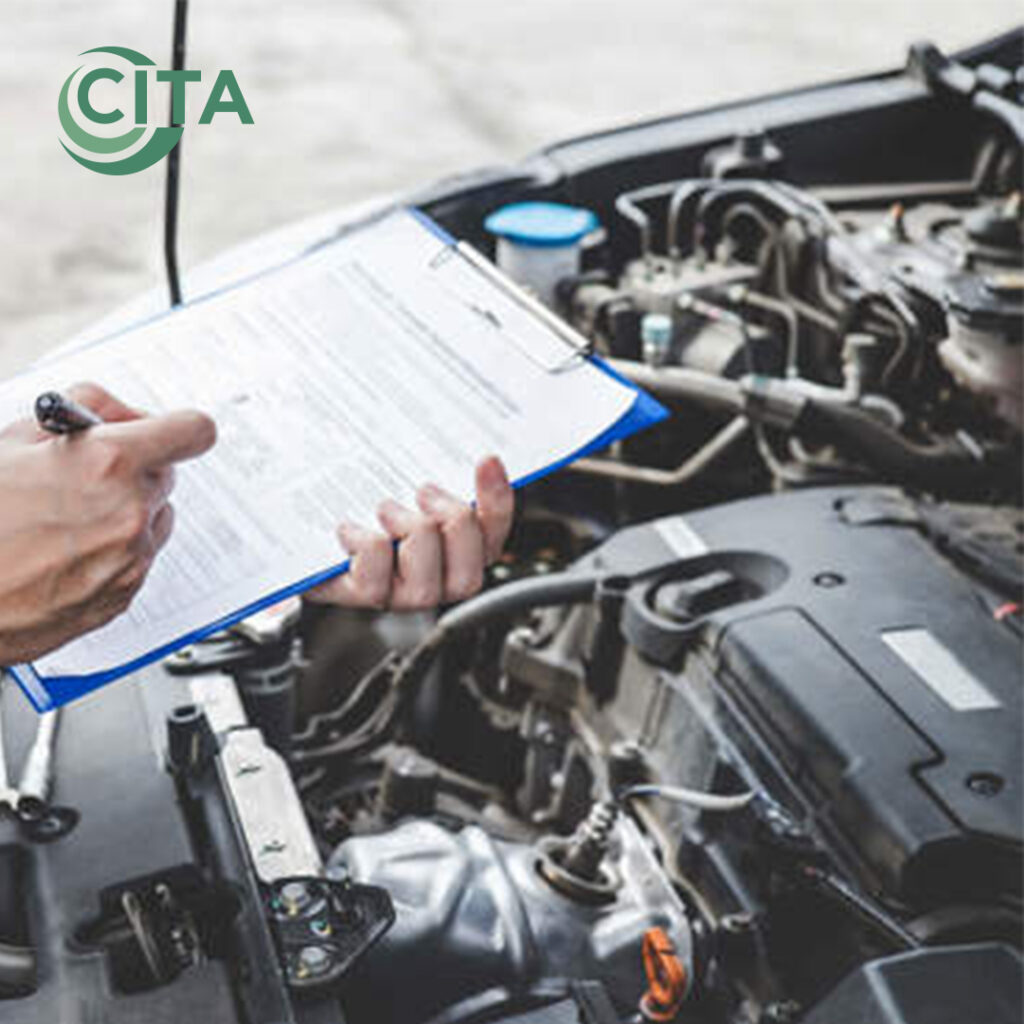Recap of the 14th VERT Forum and NPTI Workshop, EMPA 2024
The 14th VERT Forum, alongside the NPTI Workshop, marked significant milestones in the field of vehicle pollution control and Particle Number (PN) measurement, bringing together experts and stakeholders in Dübendorf, Switzerland, on March 21st and 22nd, 2024. This year's events underscored a global commitment to advancing environmental standards and fostering collaboration among key players in the sector.
- March 21st, 2024: NPTI Workshop
The NPTI (Non-Road Particle Number Test Procedure) Workshop, held on the first day, focused on the critical aspects of Particle Number measurement in Periodical Technical Inspections (PTI). It served as an essential platform for authorities, authorized companies, and professionals directly involved in PN measurement to share insights, latest findings, and best practices. The workshop featured presentations of main results from PN measurement in PTI, contributed by representatives from Belgium, The Netherlands, Germany, and Switzerland, highlighting the collaborative effort across countries to enhance air quality standards.
The event also welcomed the participation of researchers from the Joint Research Centre (JRC), the European Commission's science and knowledge service, indicating a strong scientific backing and a European-wide approach to tackling vehicle emissions. The workshop, hosted and organized by VERT, with support from the International Motor Vehicle Inspection Committee (CITA), aimed at improving the relationship between various stakeholders and developing further workshops and events. This collaborative environment sets the stage for ongoing advancements in pollution control measures and regulatory frameworks.
- March 22nd, 2024: 14th VERT Forum
The second day was dedicated to the 14th VERT Forum, an event for experts in vehicle pollution control. The forum's focus this year was on particles, encompassing tailpipe emissions, brake wear, and tyre particles, which are significant contributors to air pollution. The discussions and presentations spanned the entire lifecycle of a vehicle, from approval and certification stages through to its eventual scrapping, emphasizing the vital role of PTI in maintaining and ensuring vehicles' environmental compliance.
The forum addressed the multifaceted challenges and innovative solutions related to vehicle pollution, with a special emphasis on the importance of effective particle reduction strategies. By bringing together experts, policymakers, and industry representatives, the forum facilitated a rich exchange of ideas and set the direction for future research, policy development, and technological innovations.
The outcomes of both the NPTI Workshop and the 14th VERT Forum at EMPA 2024 highlight the dynamic and evolving nature of vehicle pollution control efforts. As we move forward, the insights and collaborations fostered during these events will undoubtedly contribute to the development of more effective and sustainable solutions to combat vehicle-related pollution. The emphasis on international cooperation and knowledge exchange underscores the global commitment to cleaner air and a healthier environment, paving the way for further advancements in this critical field.
